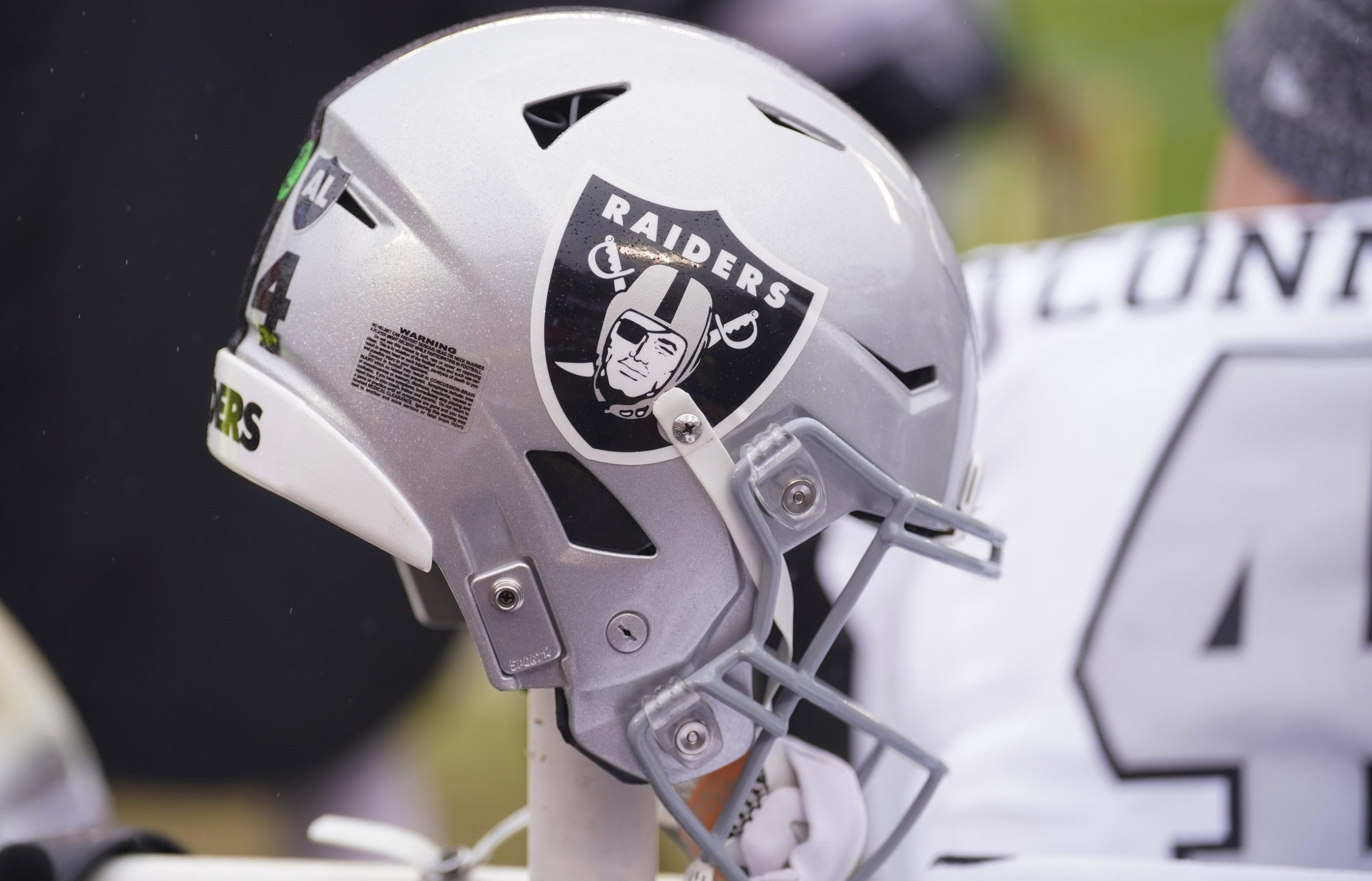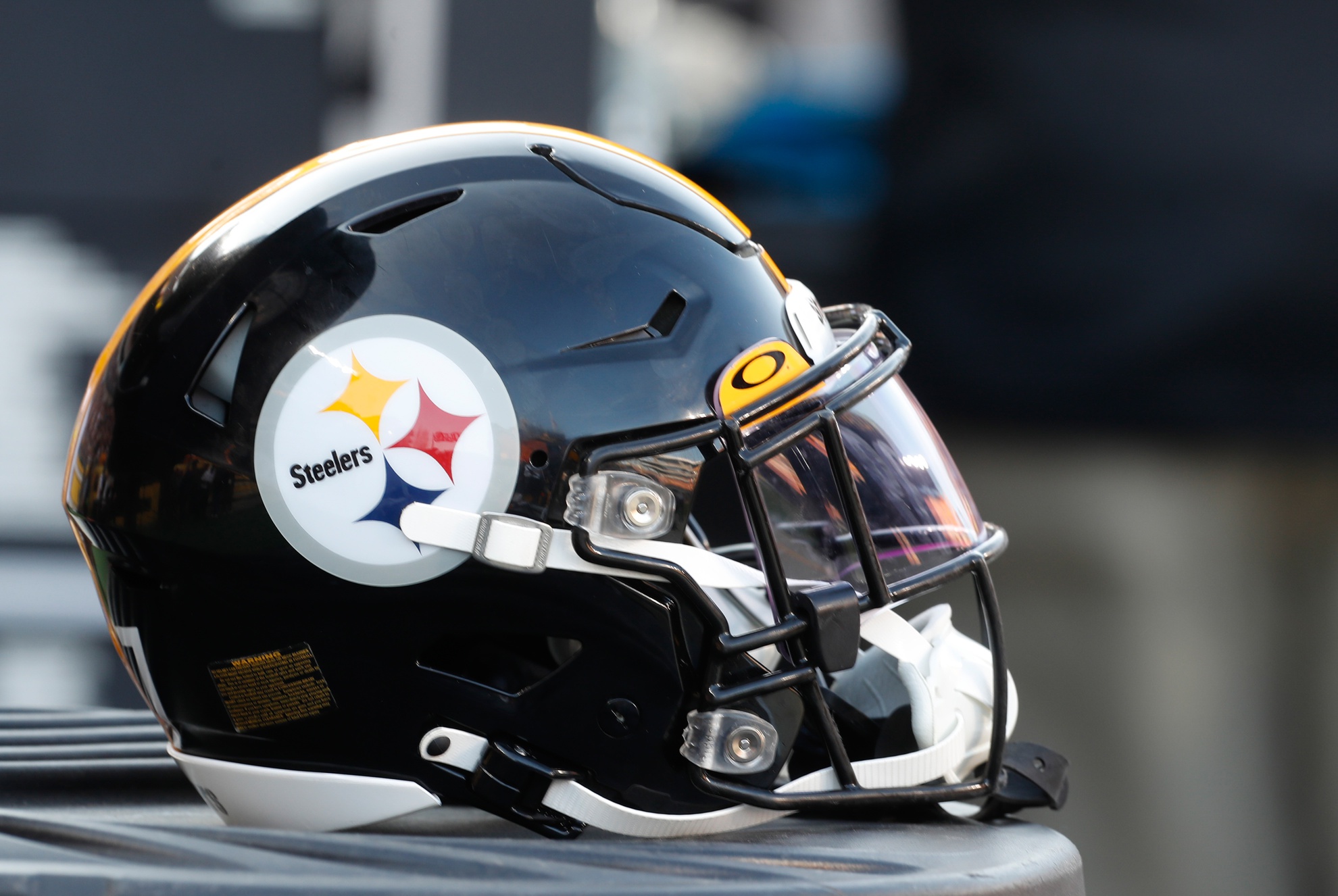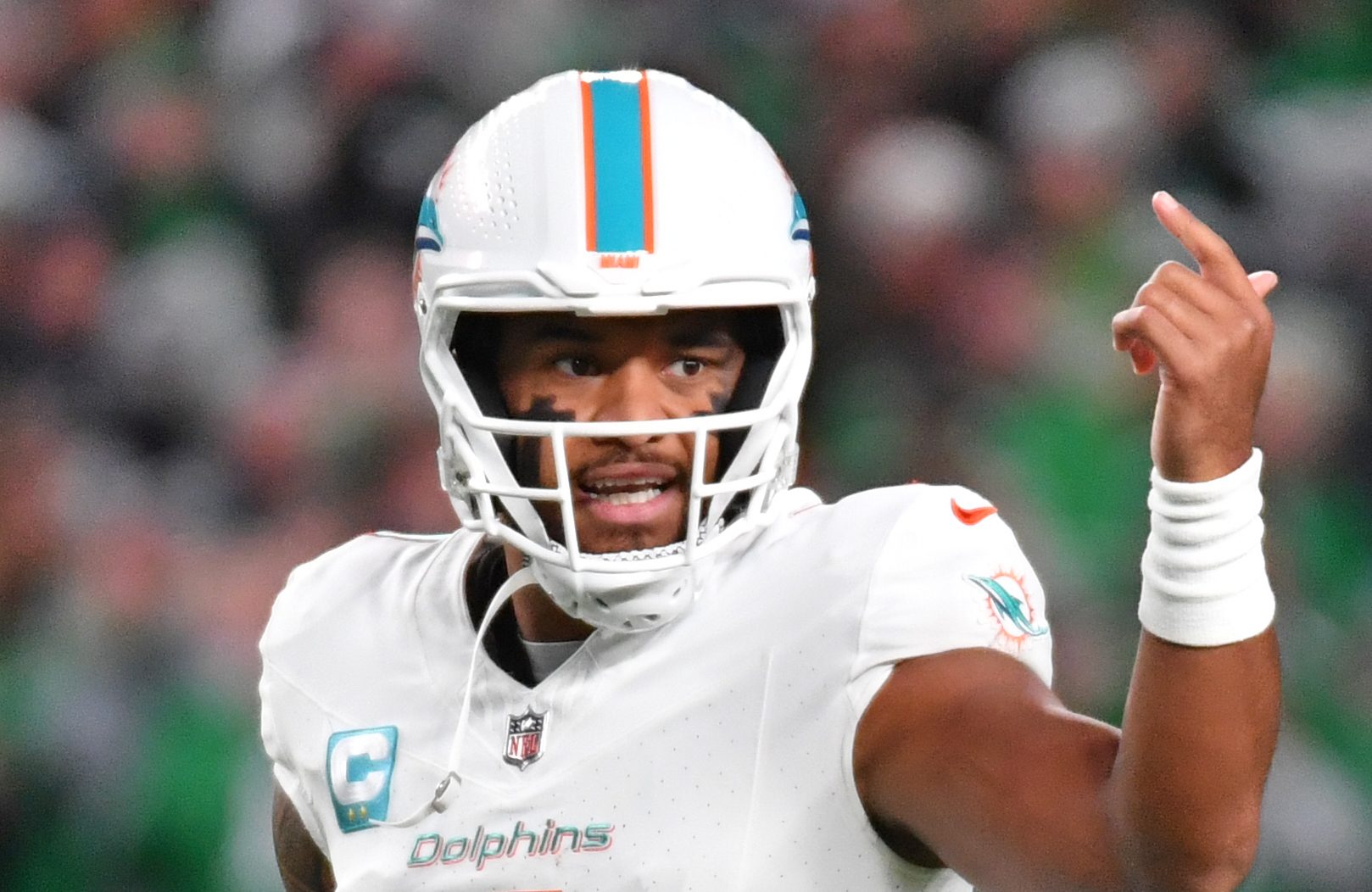ESPN does have a history of broadcasting games that don’t involve freakish athletic skill. The leading 24-hour sports network used to broadcast Magic: The Gathering tournaments (no, really) and the World Wide Leader in Sports can widely be credited with the surge in popularity of no-limit Texas Hold’em poker.
So, ESPN deciding to broadcast an e-sports tournament (video game tournament for those who are confused as to what “e-sports” are) is not completely out of left field. What is a bit of a surprise is that ESPN has chosen Dota 2’s “The International” to stream on ESPN 3.
Dota 2 is a “MOBA” (multiplayer online battle arena) game. Each team has five players, each of whom controls a single hero. Those five players must coordinate together to fight the other’s team five players and eventually destroy the other team’s “ancient” or main building in their base while protecting their own. With over 100 heroes to choose from and a ton of different ways to make those heroes stronger, Dota 2 is an incredibly dense game which is very hard for newcomers to understand.
Why would ESPN experiment with adding a Dota 2 tournament to its (streaming) broadcast when the game has such a high learning curve? Why would they devote an entire half hour to the tournament on ESPN 2 on Sunday? Simply put, the game has a huge following and viewership which rivals that of any sports league.
More than 300,000 people are watching The International on video game streaming site Twitch, the fourth-leading website in peak internet traffic in the United States, and professional Dota 2 and League of Legends games regularly attract hundreds of thousands of viewers every week from across the globe. Dota 2 has more than 7 million monthly players, while League of Legends has more than 67 million users worldwide. The League of Legends season three world championship was watched by more people than the NBA Finals, World Series and BCS national championship.
The following for Dota 2 is so strong that the prize pool for this year’s International exceeds over $10 million with almost $5 million going to the first place team. That’s nearly $1 million per winning player. Pro e-sports players can make a living off a mixture of tournament winnings and streaming their own videos and podcasts. Due to these developing trends, a pro gamer career is becoming an increasingly viable option for some and we may be at a tipping point where e-sports start to become increasingly visible to a larger audience.
In the near future, Dota 2 pro player Dendi may be as popular as any pro athlete.
It’s an exciting (and potentially terrifying) new age, y’all.








